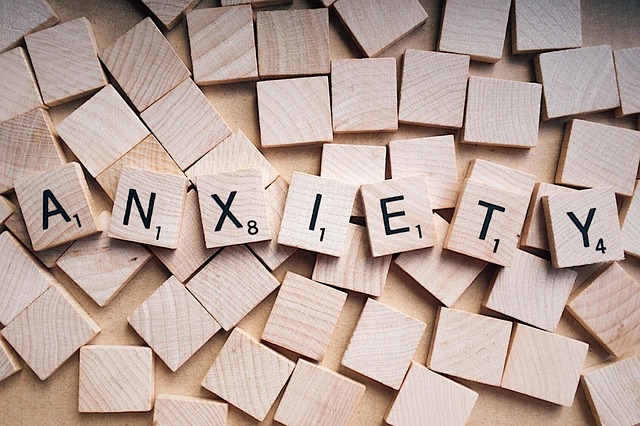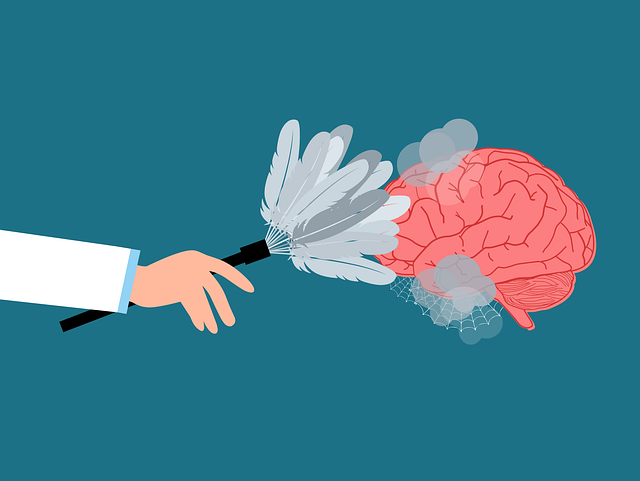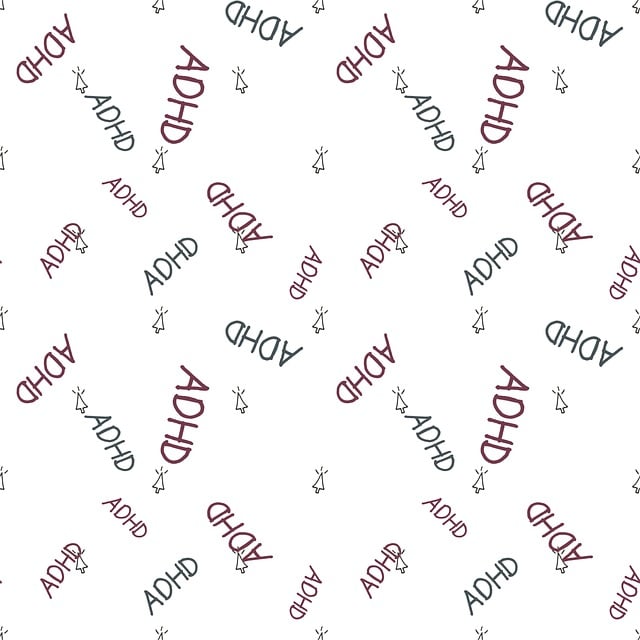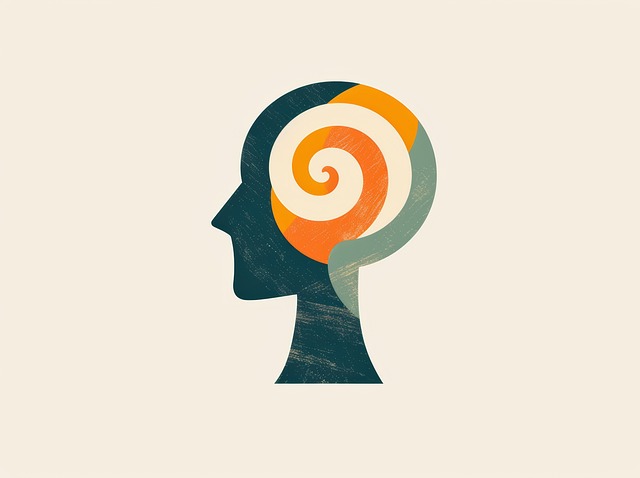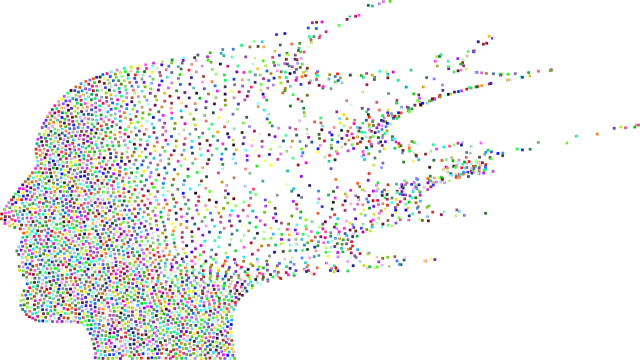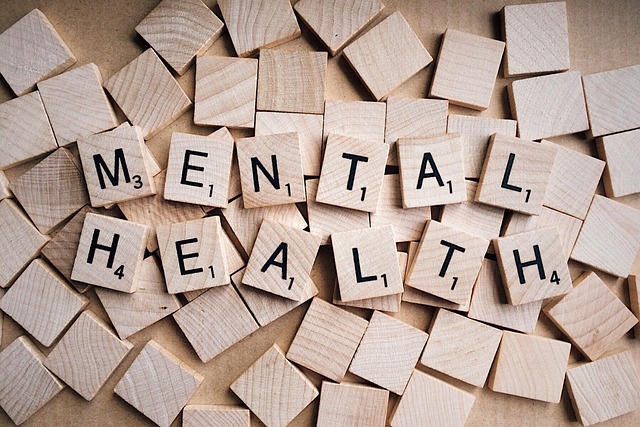Developing mental wellness apps tailored to young adults' unique challenges, including anxiety, depression, and stress from academic pressures and social media influence, is crucial. Apps offering evidence-based therapy techniques like Exposure and Response Prevention (ERP) gain traction by promoting mental health awareness and positive thinking tools. Innovative marketing strategies leveraging social media, collaborations with educational institutions, and influencer partnerships encourage app adoption among younger users. By integrating mindfulness exercises, stress management workshops, and gamified features, these apps cater to specific issues while aligning with broader mental health initiatives.
“In today’s digital age, mental wellness apps are transforming the way young adults access support. This article delves into a comprehensive marketing strategy development guide for mental health apps targeting this demographic. By understanding the unique mental health needs of young adults, we explore how exposure and response prevention (ERP) techniques can be seamlessly integrated into app design. Furthermore, we discuss innovative marketing strategies to drive adoption and engagement, ensuring your app reaches and assists those who need it most.”
- Understanding Your Target Audience: Young Adults and Their Mental Health Needs
- Integrating Therapy for Young Adults: Exposure and Response Prevention Techniques in App Design
- Marketing Strategies to Promote App Adoption and Engagement Among Younger Demographic
Understanding Your Target Audience: Young Adults and Their Mental Health Needs

Understanding your target audience is a cornerstone when developing any marketing strategy, especially for mental wellness apps that cater to young adults. This demographic faces unique challenges and has distinct needs in terms of mental health support. Many young adults struggle with anxiety, depression, and stress due to various factors such as academic pressures, social media influence, and the transition into adulthood. They often seek accessible and discrete solutions for their mental well-being.
Apps offering therapy for young adults, specifically those utilizing exposure and response prevention (ERP) techniques, can effectively target this audience by promoting Mental Health Awareness and providing tools for Positive Thinking. Crisis Intervention Guidance is also valuable in appealing to young adults who may be experiencing a mental health crisis. By tailoring content and messaging to resonate with their experiences and preferences, these apps can gain traction and offer much-needed support to a demographic often underserved by traditional therapy methods.
Integrating Therapy for Young Adults: Exposure and Response Prevention Techniques in App Design

Integrating Therapy for Young Adults into mental wellness apps involves employing evidence-based techniques such as Exposure and Response Prevention (ERP). This approach is particularly effective in addressing anxiety disorders, phobias, and obsessive-compulsive behaviors. By exposing users to triggers in a controlled environment, the app can help them learn to manage their responses, thereby fostering resilience building and improving overall mental health.
For instance, an app designed for young adults could offer modules that guide users through progressive exposure to anxiety-provoking situations, accompanied by mindfulness meditation exercises. Additionally, incorporating Stress Management Workshops within the app allows users to gain practical tools for coping with stress. These features not only enhance the app’s appeal but also ensure that users receive comprehensive support tailored to their specific needs.
Marketing Strategies to Promote App Adoption and Engagement Among Younger Demographic

To promote app adoption and engagement among younger demographics, mental wellness apps should leverage innovative marketing strategies that resonate with this tech-savvy audience. Social media platforms like Instagram and TikTok offer powerful tools to capture their attention; engaging video content featuring young influencers who openly discuss their mental health journeys can humanize the app and encourage peers to give it a try. Additionally, collaborating with schools and universities to integrate the app into mental wellness programs or offering exclusive discounts for students can drive adoption rates.
Targeting specific issues relevant to young adults, such as exposure and response prevention (ERP) techniques, can position the app as a valuable tool for managing anxiety and depression. Integrating educational content that teaches emotional regulation skills, along with gamified features to track progress, will foster ongoing engagement. Furthermore, aligning marketing efforts with broader initiatives like burnout prevention strategies for healthcare providers or risk management planning for mental health professionals ensures the app is perceived as a comprehensive solution within the mental health community.
Mental wellness apps, by integrating innovative techniques like exposure and response prevention therapy, can effectively cater to the unique mental health needs of young adults. Understanding the target audience is key; marketing strategies should focus on engaging this demographic through tailored, social media-driven campaigns that highlight app benefits. By combining insights with the right promotional tactics, developers can encourage app adoption and foster ongoing user engagement, ultimately contributing to improved mental wellness among young adults. This approach leverages SEO keywords like “therapy for young adults” and “exposure and response prevention” to ensure visibility and accessibility for those seeking support.
